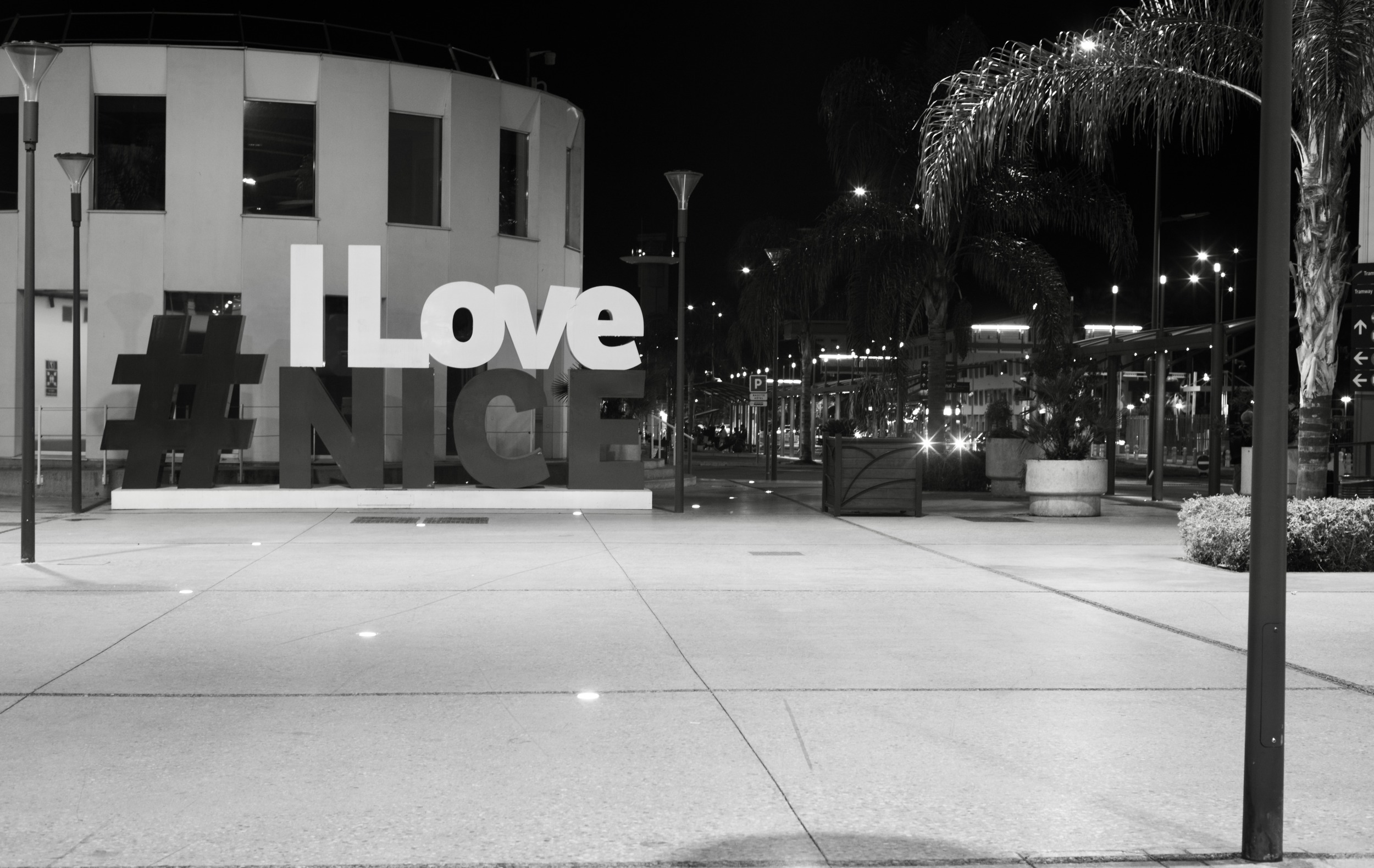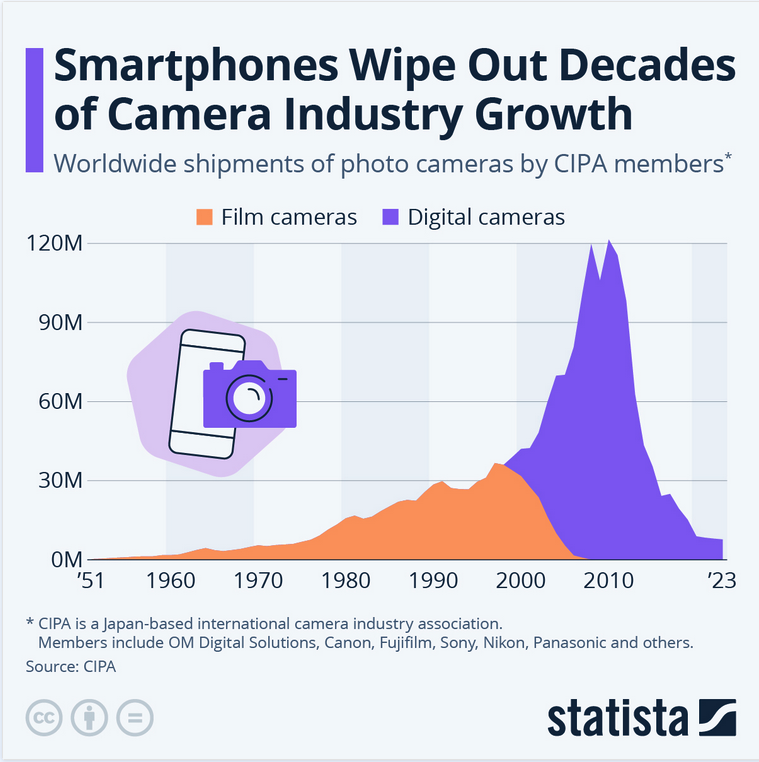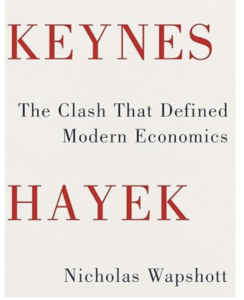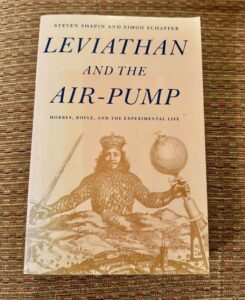Petrolhead nostalgia

As long-suffering readers of this blog know, I am a recovering petrolhead — and the only member of my extended family who can recognise vintage cars at sight. I spotted this beautifully-preserved 1960s Alvis TD21 in a car park the other day. When I was a kid I thought of an Alvis as the kind of car a gent with private means and handmade tweed suits might own, rather than a Jaguar MkII which would seem — to him — a bit raffish. (I can say this because I once had a blue MkII, and I was definitely a bit raffish then. Fortunately, the Yom Kippur war and the quadrupling of oil prices cured me of that particular addiction.)
Quote of the Day
“Just as water, gas and electricity are brought into our houses from far off to satisfy our needs in response to a minimal effort, so we shall be supplied with visual or auditory images, which will appear and disappear at a simple movement of the hand, hardly more than a sign.”
- Paul Valery, Pieces sur l’Art, 1934.
Amazingly prescient. Just like David Bowie about ‘music like water’ (in 2002) and E.M. Forster about the Web (in 1909.
Thanks to Philip Steadman for pointing me to it.
Musical alternative to the morning’s radio news
Long Time Traveller | Wailing Jennys
Long Read of the Day
Real estate shopping for the apocalypse
Wonderful New Yorker essay by Patricia Marx on the market for domestic nuclear bunkers in the US.
What if they’re right? What if a nuke drops, or climate change turns the world into a foaming puddle, or the next pandemic is spread through selfies? Billionaires have recently been spending millions building themselves customized bunkers, in the hope that they can ride out the apocalypse in splendor. In January, a video surfaced of the rapper Rick Ross bragging that his bunker will be better than Elon Musk’s bunker. (Musk is not known to have a bunker, but that’s a detail.) Ross’s bunker will have multiple “wings” and a “water maker.” Also, plenty of canned goods. Ross’s bunker might even have its own bunker. But what about me—and, if I’m being generous, you? Are there affordable underground shelters available for us to hole up in?
A few months back, I started to scan real-estate Web sites. Hmm, I wondered. Might throw pillows brighten up the underground scheelite mine in Beaver County, Utah, that was converted into a community fallout shelter during the Cold War (a steal at nine hundred and ninety-five thousand dollars, when you consider how many light-bulb filaments you could make from the leftover tungsten you could knock loose)? Or how about the concrete-and-steel stronghold in Hilliard, Ohio, built by A.T. & T. and the Army in 1971 to protect the nation’s communications system in case of nuclear attack? It comes with a “1970’s-era smoking room.” (Note to self: Take up smoking a few months before world ends.) Would house guests get the hint if I mentioned that my new home had three-thousand-pound blast-proof doors? ($1.25 million for nine acres.)
Keep reading. It’s a scream.
Books, etc.

I’ve just discovered this — a book by Dan Mulhall about my native land as the 19th century morphed into the 20th. The blurb says that
“it describesthe political and cultural ferment that gripped Ireland the last time a century turned. Based on contemporary books and newspaper sources, and copiously illustrated with photographs from the period, this book offers a stark insight into the conditions that prevailed in the Ireland of 1900. There is an account of the crimes that captured public attention at a time when urban and rural poverty were rife, the emigrant ship remained a common experience and the workhouse often provided a last refuge for the poor and the old.”
I know Dan slightly. He was the Irish Ambassador to the UK when I first met him (and was later Irish Ambassador to the US, after which he retired). He’s also a keen and knowledgeable Joycean (he wrote a chatty, readable guide to Ulysses, for example), and he was the only diplomat I knew of who tweeted regularly about Joyce, the poetry of W.B. Yeats and related matters. So I’d better catch up with A New Day Dawning before I run into him again.
My commonplace booklet
From Tortoise media’s newsletter yesterday:
Time capsules rarely attract more fanfare at their unveiling than their installation, but an unexpected one at London’s National Gallery certainly has. Constructors uncovered a letter entombed within one of two false concrete columns in the foyer of the Sainsbury Wing. The letter was written in 1990 by donor John Sainsbury (Sainsbury and his two brothers Simon and Timothy originally donated £40 million to the National Gallery for its extension) and snuck into the column during its installation. It details Sainsbury’s great disdain for the column, which he described as “a mistake of the architect” that the National Gallery would “live to regret”. Regret indeed, as more than 30 years on, the letter was discovered in the pillar’s demolition during the wing’s redevelopment, due to reopen in May next year. John Sainsbury died in 2022, but the 1990 letter makes clear how he would have felt. It reads: “Let it be known that one of the donors of this building is absolutely delighted that your generation has decided to dispense with the unnecessary column.” A gloriously petulant “I told you so” from beyond the grave.
Linkblog
Something I noticed, while drinking from the Internet firehose.
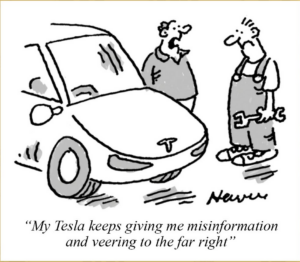
From the current issue of Private Eye (Which God Preserve)
This Blog is also available as an email three days a week. If you think that might suit you better, why not subscribe? One email on Mondays, Wednesdays and Fridays delivered to your inbox at 6am UK time. It’s free, and you can always unsubscribe if you conclude your inbox is full enough already!






